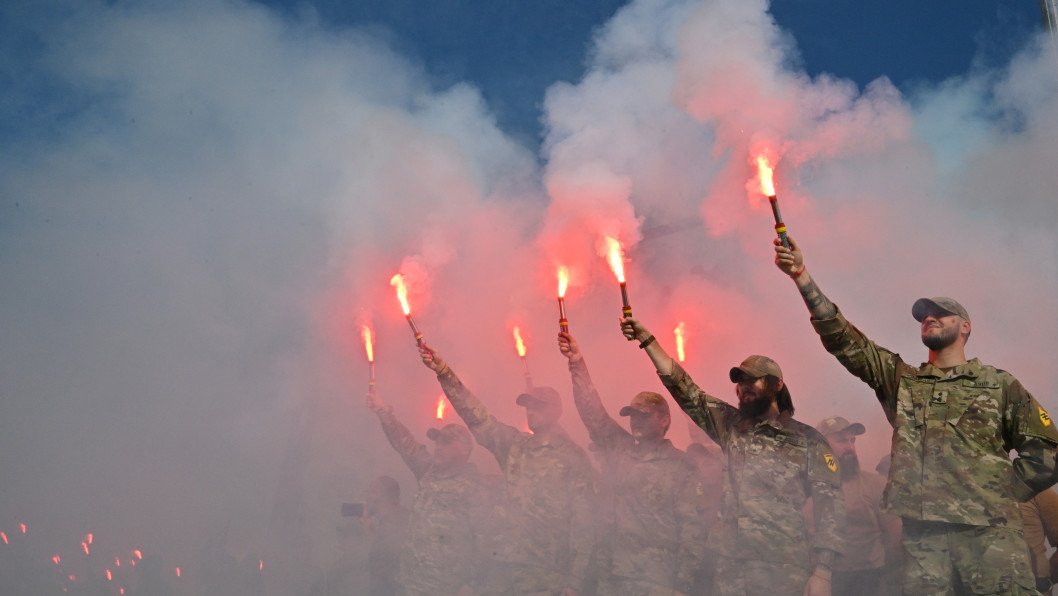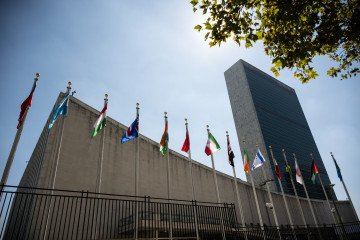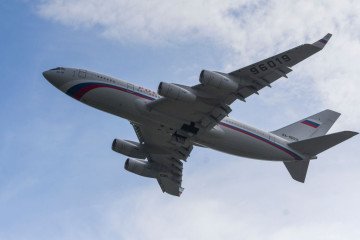UN experts have confirmed that the Russian Ministry of Defense organized the July 2022 attack on the Olenivka detention facility in Donetsk. The United Nations report also detailed the types of weapons used in the incident.
Ukrainian Ombudsman Dmytro Lubinets shared the findings on June 30, citing a UN report.
The report states that the Russian Ministry of Defense and the Russian Armed Forces planned and executed the attack. The experts found no evidence that the Wagner private military company independently organized the attack, suggesting it was most likely orchestrated at a high level in Moscow.
The report identifies three types of ammunition related to the attack:
Thermobaric rocket grenades (RTBG);
Anti-tank guided missiles (ATGMs);
Artillery ammunition (AA).
Of these, only the artillery ammunition fully matches the parameters and survivor testimonies. The report highlights a specific 120-mm rifled thermobaric round, the 3OF74, produced by Russia, as the likely weapon used.

“The only type of artillery ammunition available to the Russian Armed Forces capable of producing such an intense thermal effect and matching all analyzed parameters is the 3OF74 round—a thermobaric high-explosive projectile,” the summary states.
Experts concluded that the projectile could only be fired from a 2A51/60/80/801 howitzer-mortar system, indicating this weapon was used in the attack.
“This is an important document that should strengthen the ongoing investigation. The grief of Ukrainians over Olenivka remains. We insist on continued investigations and just punishment for those responsible,” said Lubinets.
On July 29, 2022, amid the Russian invasion of Ukraine, a building holding Ukrainian prisoners of war in a Russian-controlled prison in Molodizhne, near Olenivka in Donetsk Oblast, was destroyed.
The attack killed between 53 and 62 Ukrainian POWs and wounded 75 to 130 others. Most of the prisoners were soldiers from the Azov Brigade, who had defended the Azovstal complex—the final Ukrainian stronghold during the siege of Mariupol.
Previously, it was reported that Russia’s recent claims that almost no Russian soldiers remain in Ukrainian captivity are false and part of a disinformation campaign.




-111f0e5095e02c02446ffed57bfb0ab1.jpeg)



-72b63a4e0c8c475ad81fe3eed3f63729.jpeg)